Cross Curricular
There is history in everything and engaging children through cross curricular approaches is an exciting way of developing an immersive experience and transferable knowledge and skills. This section provides ideas and suggestions on how to develop cross curricular approaches to your lesson planning.
Sort by:
Date (Newest first) | Title A-Z
Show:
All |
Articles |
Podcasts |
Multipage Articles
-
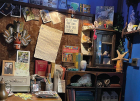
‘We built a museum’: What does your school resource room look like?
ArticleClick to view -
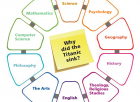
Epistemic insights: bringing subject disciplines together
ArticleClick to view -

Ideas for Assemblies: Refugee stories
ArticleClick to view -
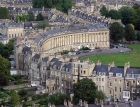
Scheme of Work: The Georgians
ArticleClick to view -

Teaching history and geography together in a meaningful way
ArticleClick to view -
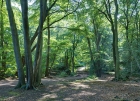
TREE-mendous history!
ArticleClick to view -

Using cemeteries as a local history resource
ArticleClick to view -

Early Islamic civilisation
ArticleClick to view -

Assessment and Progression without levels
ArticleClick to view -
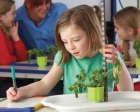
Using 'Development Matters' in the Foundation stage
ArticleClick to view -

A Victorian Christmas
Multipage ArticleClick to view -

The Great Fire of London and the National Curriculum
ArticleClick to view -

History, drama and education for life
ArticleClick to view -

Getting started with drama
ArticleClick to view -

In My View: Creativity & History
ArticleClick to view -

A creative Egyptian project
ArticleClick to view -

Thematic or topic based whole school curriculum planning
ArticleClick to view -

Museums, schools and creativity: How learning can be enhanced
ArticleClick to view -
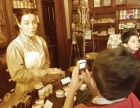
Geosong: a transition project
ArticleClick to view -

Creating the 'creative history' website
ArticleClick to view

